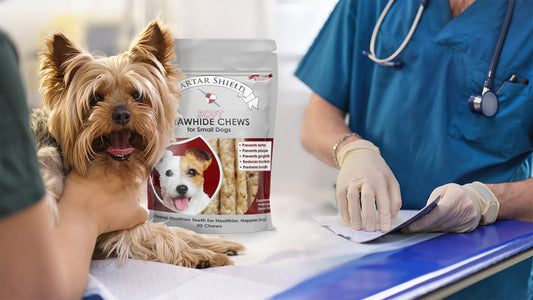March is Poison Prevention Month. The following are some common misconceptions about pet poisons.
Myth #1: Poinsettias can be deadly if ingested by pets.
The poinsettia has a bad reputation as a deadly pet poison, but it turns out it’s just been getting a bad rap. While ingesting the sticky sap inside the poinsettia leaf may give your pet a slight stomach ache, it will not kill or harm him in any major way. Unfortunately, many plants are extremely toxic to animals so make sure you always check before you bring a plant into your home.
Myth #2: Human medications are safe to give to pets to relieve pain.
Pets metabolize and eliminate some medications differently than humans. Therefore, you should only give your pet medication recommended by your veterinarian. Non-steroidal anti-inflammatories (NSAIDs), such as Advil and Aleve can cause serious harm to a pet. Dogs and cats may develop serious stomach and intestinal ulcers as well as kidney failure. Make sure to store medication and prescriptions in a secure location out of your pet's reach.
Myth #3: In case of poisoning, salt can be given to dogs and cats to induce vomiting.
Salt should not be used to induce vomiting in pets. According to Pet Poison Helpline, too much salt can cause dangerous electrolyte abnormalities which can result in swelling of the brain and symptoms like tremors and seizures. Never induce vomiting without first consulting with your veterinarian or Pet Poison Helpline.
Myth #4: Human toothpaste can be safely used on pet’s teeth.
A common ingredient in many human toothpastes is xylitol, an artificial sweetener. When ingested by a dog, xylitol causes the canine’s blood sugar levels to drop drastically, which stops the brain from getting the energy it needs. The result can include vomiting, disorientation and even seizures or death. Choose toothpaste that is specially made for pets.



